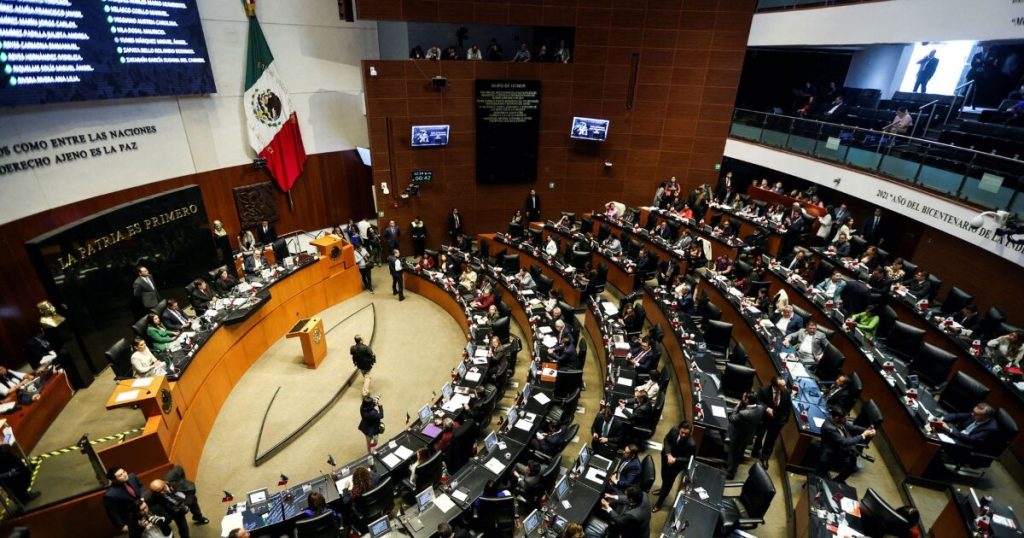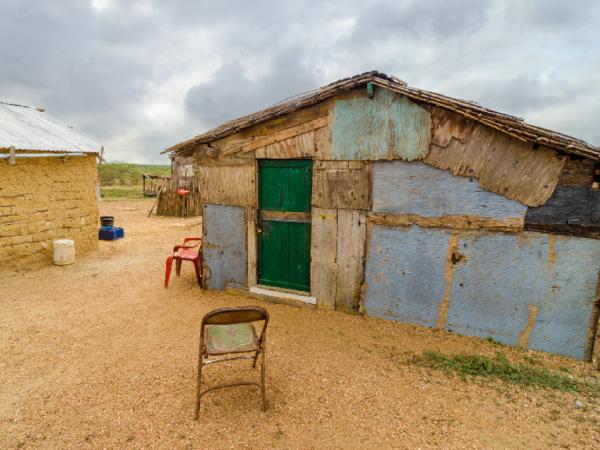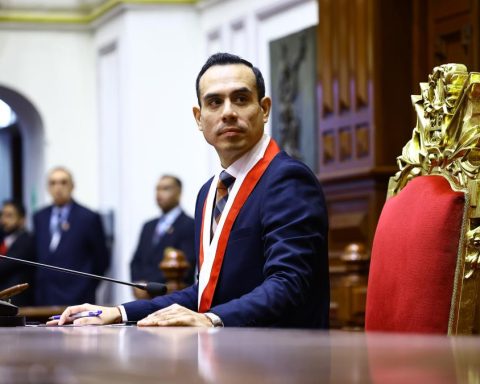MADRID, Spain.- On the night of September 11, the Mexican Senate approved a judicial reform promoted by President Andrés Manuel López Obrador (AMLO). With 86 votes in favor and 41 against, the ruling party Morena and its allies, the Labor Party (PT) and the Green Ecologist Party of Mexico (PVEM), managed to approve one of the most debated constitutional reforms in the recent history of the country. Despite the strong protests and the tensions that forced the session to be moved to an alternate venue, the reform was approved and awaits ratification in the state Congresses.
Deep changes in the judicial system
The reform introduces a series of significant changes to Mexico’s justice system. These include the popular election of judges, magistrates and ministers, the reduction of the number of ministers on the Supreme Court of Justice of the Nation (SCJN) from 11 to 9, and the elimination of lifelong pensions for these officials. In addition, a cap is placed on the salaries of judges and magistrates, who may not earn more than the president of the country.
The election of judges and magistrates by direct popular vote is one of the most controversial aspects of the reform. Critics argue that, rather than increasing transparency and judicial independence, this measure could politicize the justice system. They argue that it could favor candidates with political connections or financing, leaving aside professional merit. There is also concern that organized crime could take advantage of this opening to influence the judicial system, financing campaigns of candidates with sympathetic ties.
Despite criticism, the López Obrador government and Morena lawmakers have defended the reform as a crucial step toward democratizing the judicial system. According to its promoters, this initiative seeks to eradicate the corruption that has plagued the judiciary for decades. Claudia Sheinbaumwho will succeed López Obrador as president, has expressed his strong support for the reform and has promised to continue with its implementation when he takes power.
Adverse reactions and international concerns
In addition to domestic criticism, the reform has raised concerns internationally. The United Nations Special Rapporteur on the Independence of Judges and Lawyers had requested reconsider the bill to safeguard judicial autonomy. Human Rights Watch also expressed concern that the reform could undermine the independence and accountability of the judicial system.
For his part, the United States ambassador to Mexico, Ken Salazar, qualified The embassy described the proposal as a “major risk” to democracy and warned that it could jeopardize the United States-Mexico-Canada Agreement (USMCA). The embassy stressed that the lack of judicial independence could negatively affect the resolution of labor disputes, which represents a violation of the provisions of the trade agreement, which is scheduled for review in 2026.
The business sector has also expressed concerns about the possible effects of the reform on legal stability and the investment climate in Mexico. Some investors fear that the new judicial system could facilitate the enactment of laws that harm the private sector, which would increase the perception of risk and could affect long-term investments. They say that the legal uncertainty resulting from this reform could have adverse effects on the Mexican economy.
In the coming weeks, the reform will be put to a vote in local Congresses, where Morena has a strong presence. If at least 17 of the 32 state Congresses ratify the measure, Lopez Obrador may promulgate it before leaving office.
















